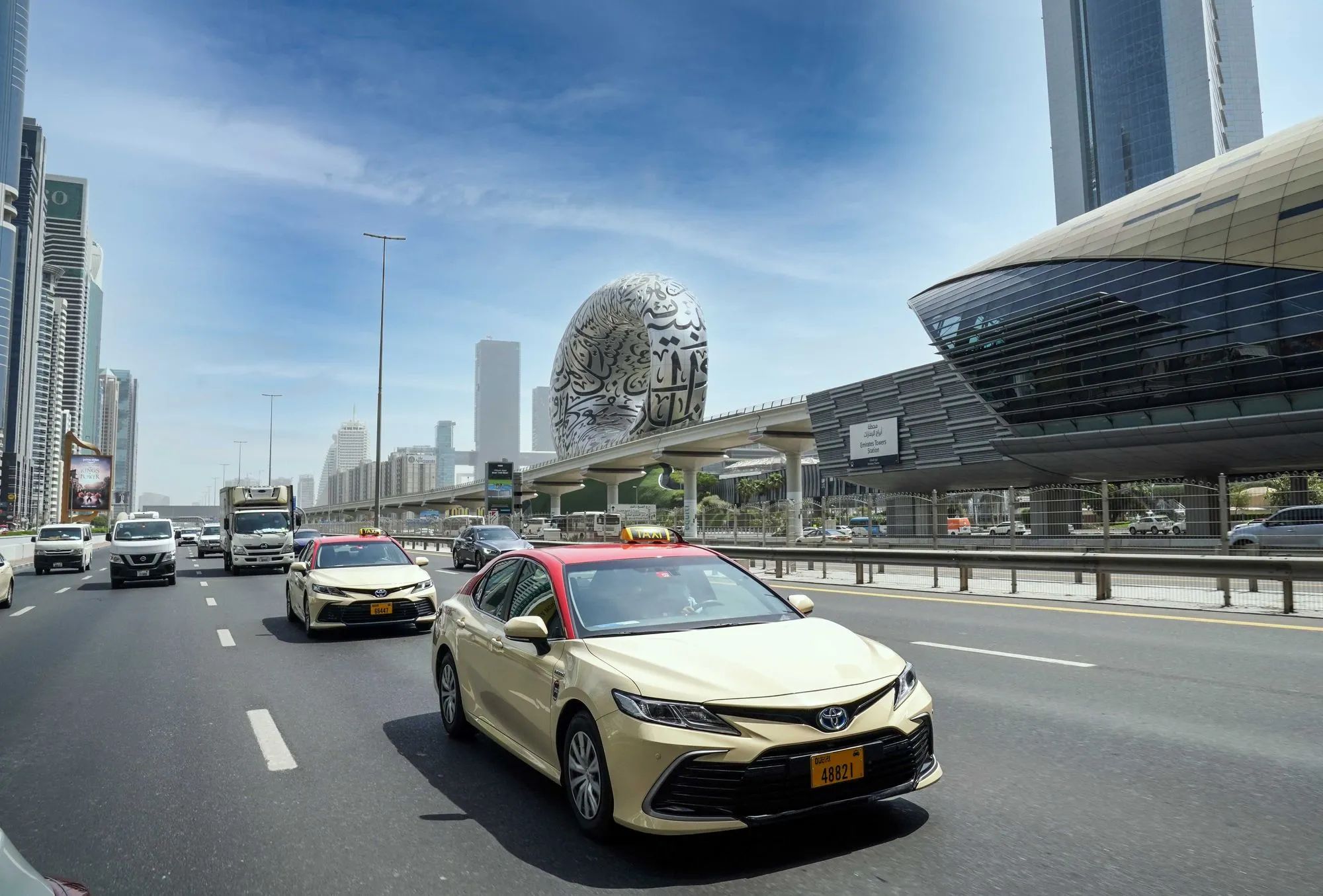The International Association of Public Transport, UITP, has welcomed the landmark climate agreement made in Paris at the weekend but reminds governments that more must be done to bridge the emissions gap.
The agreement was made by 195 nations, with, for the first time, all nations committing to a common cause on climate action based on their historic, current and future responsibilities.
According to UITP, despite the landmark deal, the promises given by countries to curb their emissions in the run-u
December 16, 2015
Read time: 2 mins
The 3833 International Association of Public Transport, UITP, has welcomed the landmark climate agreement made in Paris at the weekend but reminds governments that more must be done to bridge the emissions gap.
The agreement was made by 195 nations, with, for the first time, all nations committing to a common cause on climate action based on their historic, current and future responsibilities.
According to UITP, despite the landmark deal, the promises given by countries to curb their emissions in the run-up to the COP21 will fall far short of the two degree goal. Bridging the emissions gap will require even more commitment from governments, meaning that a greater focus on developing public transport is needed.
Currently, around a quarter of all countries that have identified specific transport interventions have pledged to focus efforts on public transport. These are positive steps but there is considerable scope for further action. The good news is that countries have agreed to submit updated climate plans every five years, which is further underlined by the agreement’s robust transparency and accounting system, which will provide clarity on countries’ implementation.
“UITP hails the historic agreement made in Paris this weekend as it marks the beginning of the end for fossil fuels and offers a strong signal to markets for green investment and innovation,” said Alain Flausch, UITP secretary general. “However, in order to meet the two degrees Celsius goal, expanding public transport will be vital in the months and years to come”.
The agreement was made by 195 nations, with, for the first time, all nations committing to a common cause on climate action based on their historic, current and future responsibilities.
According to UITP, despite the landmark deal, the promises given by countries to curb their emissions in the run-up to the COP21 will fall far short of the two degree goal. Bridging the emissions gap will require even more commitment from governments, meaning that a greater focus on developing public transport is needed.
Currently, around a quarter of all countries that have identified specific transport interventions have pledged to focus efforts on public transport. These are positive steps but there is considerable scope for further action. The good news is that countries have agreed to submit updated climate plans every five years, which is further underlined by the agreement’s robust transparency and accounting system, which will provide clarity on countries’ implementation.
“UITP hails the historic agreement made in Paris this weekend as it marks the beginning of the end for fossil fuels and offers a strong signal to markets for green investment and innovation,” said Alain Flausch, UITP secretary general. “However, in order to meet the two degrees Celsius goal, expanding public transport will be vital in the months and years to come”.










